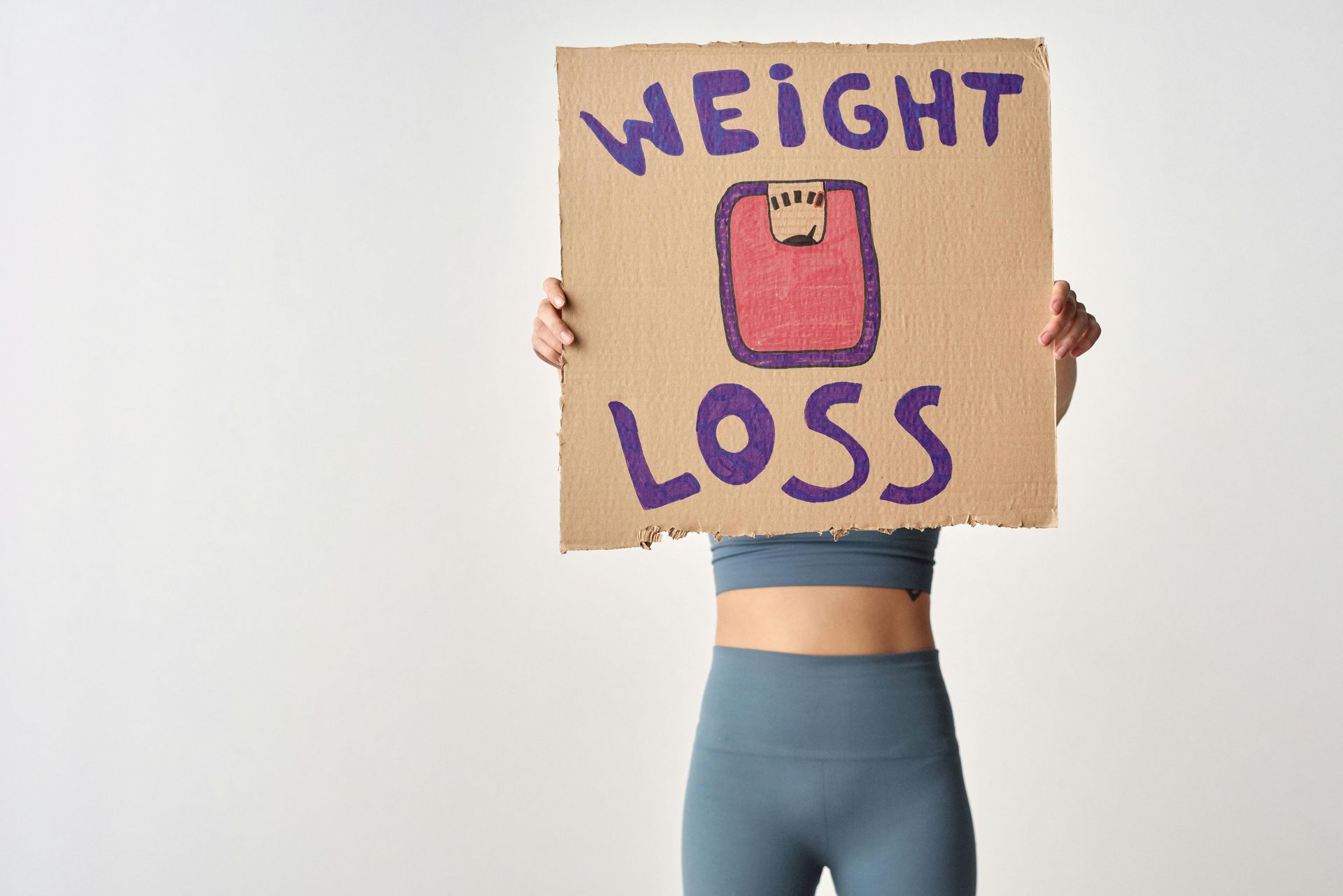Are Prenatal Vitamins Enough for Energy?
Prenatal vitamins are specifically formulated to meet the increased nutritional demands of pregnancy. While they provide essential vitamins and minerals, including folic acid, iron, calcium, and B vitamins, they're designed to supplement—not replace—a healthy diet.
Your prenatal vitamin serves as nutritional insurance, ensuring you get adequate nutrients even when morning sickness or food aversions make eating challenging. However, vitamins alone cannot overcome poor sleep, dehydration, or inadequate calorie intake. Think of your prenatal vitamin and
proper hydration as partners working together to support your energy levels.
Some women find that despite taking supplements and eating well, they still experience persistent fatigue. This may indicate a deficiency that requires additional supplementation or medical intervention. Always consult with your healthcare provider before adding any supplements beyond your standard prenatal vitamin.
What Foods Provide Sustained Energy During Pregnancy?
The foods you choose directly impact your energy levels throughout the day. Focus on nutrient-dense options that provide sustained energy rather than quick sugar spikes followed by crashes.
Complex carbohydrates like whole grains, oats, and brown rice release energy slowly, helping maintain stable blood sugar levels. This is particularly important for preventing and managing gestational diabetes, a condition that affects how your body processes glucose during pregnancy.
Protein-rich foods such as eggs, fish (choosing low-mercury options), lean meats, legumes, and Greek yogurt support muscle maintenance and provide lasting energy. Including protein with each meal and snack helps stabilize blood sugar and keeps you feeling fuller longer.
Healthy fats from sources like avocados, nuts, and olive oil support hormone production and provide concentrated energy. Don't skip healthy fats in an attempt to limit weight gain—they're essential for your baby's brain development and your own energy levels.
Fruit and vegetables provide essential vitamins, minerals, fiber, and natural sugars for quick energy. Spinach, berries, oranges, and sweet potatoes are excellent choices. The MyPlate guidelines recommend filling half your plate with fruits and vegetables at each meal.
Healthy snacks throughout the day prevent energy dips between meals. Consider options like apple slices with almond butter, yogurt with berries, whole-grain crackers with cheese, or a handful of trail mix. Avoid overly processed foods and limit your caffeine intake, as excessive caffeine can interfere with sleep and may pose risks during pregnancy.
How Much Caffeine Is Safe During Pregnancy?
When wondering what you can take for energy while pregnant, many women ask about coffee and caffeinated drinks. The American College of Obstetricians and Gynecologists states that moderate caffeine consumption—less than 200 milligrams daily—is generally considered safe during pregnancy.
This equals approximately one 12-ounce cup of coffee per day. However, remember that caffeine is also found in tea, cola drinks, energy drinks, chocolate, and some medications. Energy drinks are not recommended during pregnancy due to their high caffeine content and additional stimulants.
Caffeine crosses the placenta, and your baby cannot metabolize it as efficiently as you can. Excessive caffeine has been linked to increased risk of miscarriage, low birth weight, and sleep disturbances. If you're feeling especially fatigued, resist the urge to increase your caffeine intake and instead focus on rest, hydration, and nutrition.
Consider gradually replacing caffeinated drinks with herbal teas (approved by your midwife or doctor), water with lemon, or naturally caffeine-free beverages. Many women find that improving sleep quality and staying well-hydrated reduces their dependence on caffeine.
What Role Does Hydration Play in Pregnancy Energy?
Dehydration is a common but often overlooked cause of fatigue during pregnancy. Your body needs extra fluids to support increased blood volume, amniotic fluid production, and overall metabolic demands.
Even mild dehydration can cause headaches, dizziness, constipation, and significant fatigue. Pregnant women should aim to drink at least 8-12 glasses of water daily, and more if exercising or in hot weather. Signs of dehydration include dark yellow urine, dry lips, decreased urination frequency, and feeling lightheaded.
Beyond drinking water regularly throughout the day, you can increase your fluid intake through water-rich foods like cucumbers, watermelon, oranges, and soups. Limit beverages that can contribute to dehydration, such as excessive caffeine or sugary drinks that may cause blood sugar fluctuations.
For women experiencing severe morning sickness, maintaining hydration becomes even more critical. If you're struggling to keep fluids down or experiencing signs of dehydration during pregnancy, professional hydration support may be beneficial under medical supervision.
Can Exercise Help or Hurt Energy Levels?
It may seem counterintuitive, but regular exercise during pregnancy can actually boost your energy levels rather than depleting them. Physical activity improves circulation, enhances sleep quality, reduces stress, and increases overall stamina.
The American College of Obstetricians and Gynecologists recommends at least 150 minutes of moderate-intensity exercise per week for pregnant women without medical complications. Safe activities include walking, swimming, prenatal yoga, and low-impact aerobics designed for pregnancy.
Exercise also helps manage weight gain, reduces back pain, improves mood, and may lower the risk of gestational diabetes and preeclampsia. Start slowly if you weren't active before pregnancy, and always listen to your body. Some days you'll have more energy for exercise than others, and that's perfectly normal.
Avoid exercise that risks falling or abdominal injury, overheating, or lying flat on your back after the first trimester. Always stay hydrated during and after exercise, and stop immediately if you experience dizziness, chest pain, vaginal bleeding, or contractions.
Gentle activities like prenatal yoga and relaxation techniques not only boost physical energy but also reduce stress and anxiety, which can be mentally draining during pregnancy. Many antenatal classes combine gentle exercise with education and community support.
Staying properly hydrated during exercise is essential for maintaining energy and preventing complications.
IV hydration therapy can support athletes and active individuals, though pregnant women should always consult their healthcare provider before considering any supplemental hydration treatments.
Final Thoughts
Understanding what you can take for energy while pregnant involves a comprehensive approach that includes proper nutrition, adequate hydration, quality sleep, gentle exercise, stress management, and appropriate supplementation. Your prenatal vitamin, iron-rich foods, balanced meals, and sufficient rest form the foundation of energy management during pregnancy.
Always consult with your healthcare provider before adding new supplements or making significant changes to your routine. What works best for you will depend on your individual circumstances, health history, and how your body responds to pregnancy.
Remember that experiencing fatigue doesn't mean anything is wrong—it means your body is working incredibly hard to nurture new life. Respect your body's signals, prioritize self-care, and reach out for support when needed. With the right strategies and medical guidance, you can manage pregnancy fatigue and enjoy this special time in your life.







